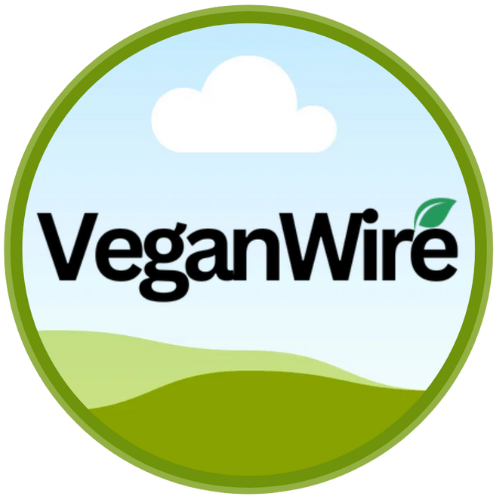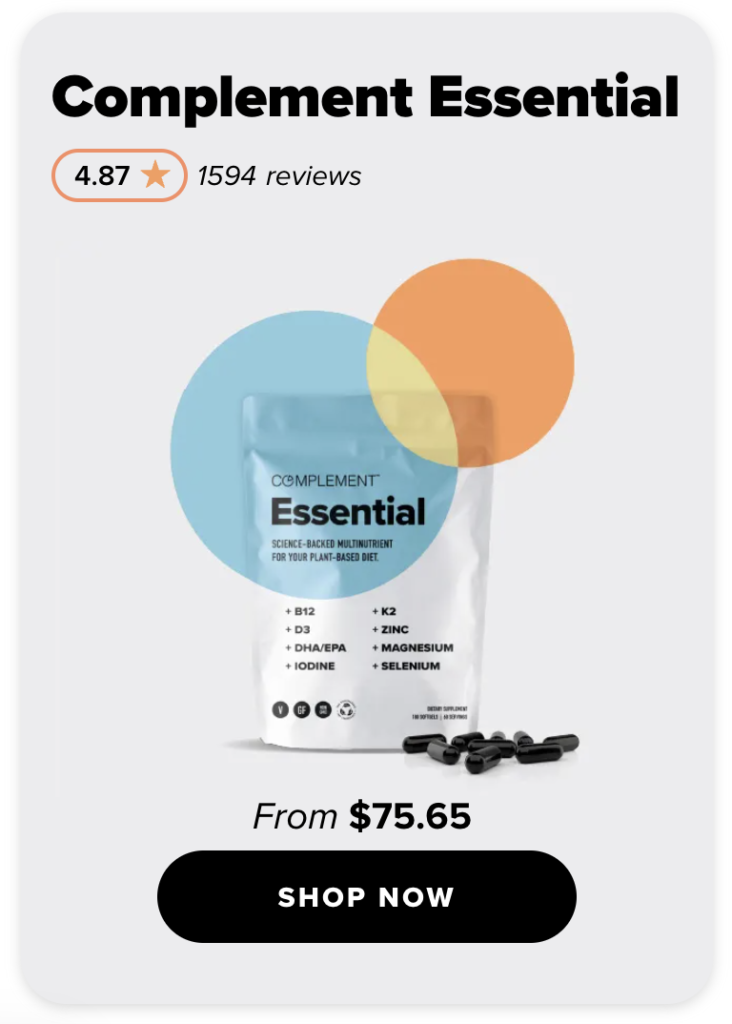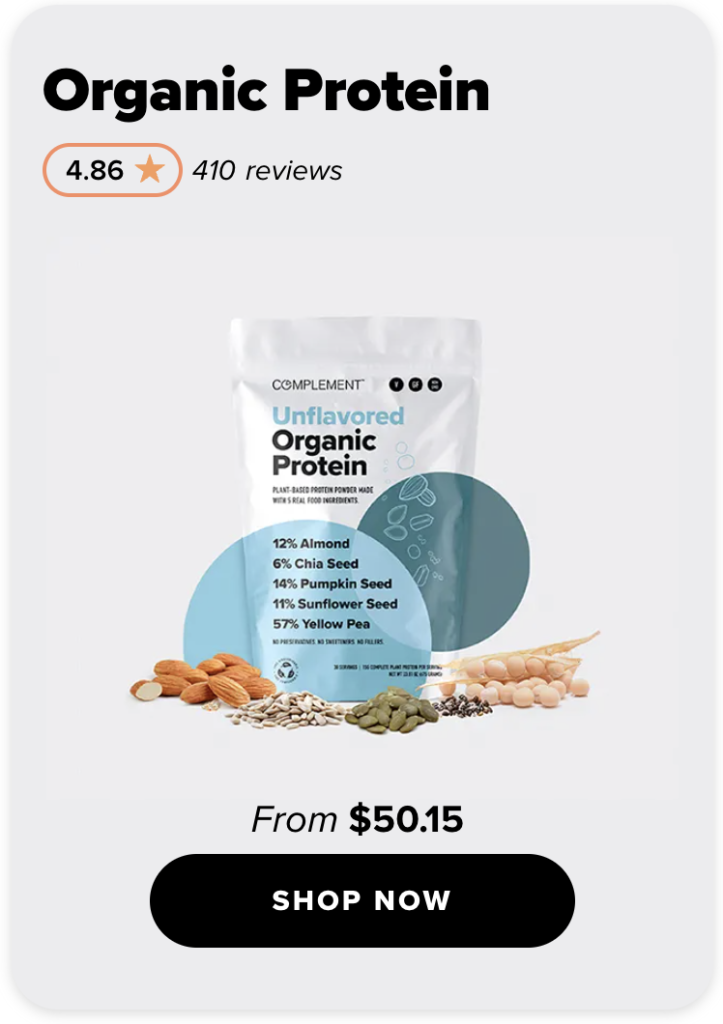A vegan diet, which eliminates all animal products, has gained popularity in recent years for its potential health benefits, including weight loss, improved heart health, and reduced risk of certain cancers. One area of research that has received attention is the impact of a vegan diet on breast cancer. Breast cancer is the most common cancer among women worldwide and research has been conducted to investigate whether a vegan diet can play a role in the prevention or management of this disease. In this blog post, we will take a closer look at the research studies on the impact of a vegan diet on breast cancer.
Methodology
Many research studies on the impact of a vegan diet on breast cancer have been conducted using observational studies, which observe the diet and cancer incidence in a group of people over a certain period of time. These studies are not able to establish cause and effect and are subject to bias and confounding variables. Additionally, many of the studies were conducted on small sample sizes, which limits the generalizability of the findings. Therefore, these findings should be interpreted with caution.
Research Findings
One large study, the Adventist Health Study-2, followed over 70,000 Seventh-day Adventist women in the United States and Canada for an average of 7 years. The study found that vegan women had a 34% lower risk of breast cancer compared to non-vegan women. However, this study had limitations, as it was conducted on a specific population of women (Seventh-day Adventists) who are known to have a lower risk of cancer and other chronic diseases due to their healthy lifestyle and dietary habits. Additionally, the study relied on self-reported dietary data, which is subject to recall bias.
Another study published in JAMA Internal Medicine found that postmenopausal women who followed a vegan diet had a lower risk of breast cancer compared to those who consumed meat. However, this study was also limited by the small sample size of the vegan group (only 38 women) and the fact that it relied on self-reported dietary data.
A study published in the International Journal of Cancer, looked at the dietary habits of over 61,000 Chinese women and found that a vegan diet was associated with a lower risk of breast cancer, but the findings were not statistically significant.
A systematic review and meta-analysis published in the Journal of the Academy of Nutrition and Dietetics, reviewed 12 observational studies and found that vegetarian diets, including vegan diets, were associated with a lower risk of breast cancer. However, the authors note that the evidence is still limited and more research is needed to confirm these findings.
Risk of Breast Cancer in Vegan Diet
While the research on the impact of a vegan diet on breast cancer is still limited, it is clear that a vegan diet can provide numerous health benefits, including weight loss, improved heart health, and lower risk of chronic diseases. A vegan diet is also associated with lower levels of estrogen, which may be a factor in the development of breast cancer. Additionally, a vegan diet is rich in fruits and vegetables, which are known to have cancer-fighting properties.
However, it’s important to note that a vegan diet alone may not be sufficient for preventing breast cancer, and other lifestyle factors, such as physical activity, maintaining a healthy weight, and avoiding tobacco and excessive alcohol consumption, also play a role.
Conclusion
The research on the impact of a vegan diet on breast cancer is still in its early stages and more research is needed to fully understand the relationship between the two. However, the current evidence suggests that a vegan diet may be associated with a lower risk of breast cancer. However, it is not clear whether this association is due to the elimination of animal products specifically or due to the increased consumption of fruits, vegetables, and other plant-based foods that are typically part of a vegan diet. Additionally, it’s important to note that a vegan diet should be well-planned and include adequate amounts of essential nutrients such as protein, iron, calcium, and vitamin B12 to ensure that it supports overall health.
It is important to consult a healthcare professional or a registered dietitian before making any drastic changes to your diet, especially if you have a history of breast cancer or are currently undergoing treatment. While a vegan diet may provide some benefits, it is not a “one size fits all” solution, and it is essential to consider individual needs and preferences before making a decision.
In conclusion, while the research on the impact of a vegan diet on breast cancer is still limited, it suggests that a well-planned vegan diet may be associated with a lower risk of breast cancer. However, more research is needed to fully understand the relationship and to establish cause and effect. A vegan diet is not a magic solution for breast cancer, and other lifestyle factors such as physical activity, weight management, and avoiding tobacco and excessive alcohol consumption, also play a role.
References
- Fraser, G. E., & Jaceldo-Siegl, K. (2018). Vegetarian diets and the incidence of cancer in a low-risk population. Cancer Epidemiology, Biomarkers & Prevention, 27(2), 287-294.
- Orlich, M. J., Fraser, G. E., & Jaceldo-Siegl, K. (2015). Vegetarian dietary patterns and the risk of colorectal cancers. JAMA Internal Medicine, 175(2), 199-208.
- Turner-McGrievy, G. M., & Barnard, N. D. (2007). A two-year randomized weight loss trial comparing a vegan diet to a more moderate low-fat diet. Obesity (Silver Spring), 15(9), 2276-2281.
- Tonstad, S., Butler, T., Yan, R., Fraser, G. E., & Jaceldo-Siegl, K. (2013). Type of vegetarian diet, body weight, and prevalence of type 2 diabetes. Diabetes Care, 36(6), 1283-1289.
- Tonstad, S., Stewart, K., Oda, K., Batech, M., Herring, RP., & Fraser, GE. (2009) Vegetarian diets and incidence of diabetes in the Adventist Health Study-2. Nutrition, Metabolism and Cardiovascular Diseases, 19, 287-293
- Some research for this article was compiled with the assistance of ChatGPT/OpenAI







